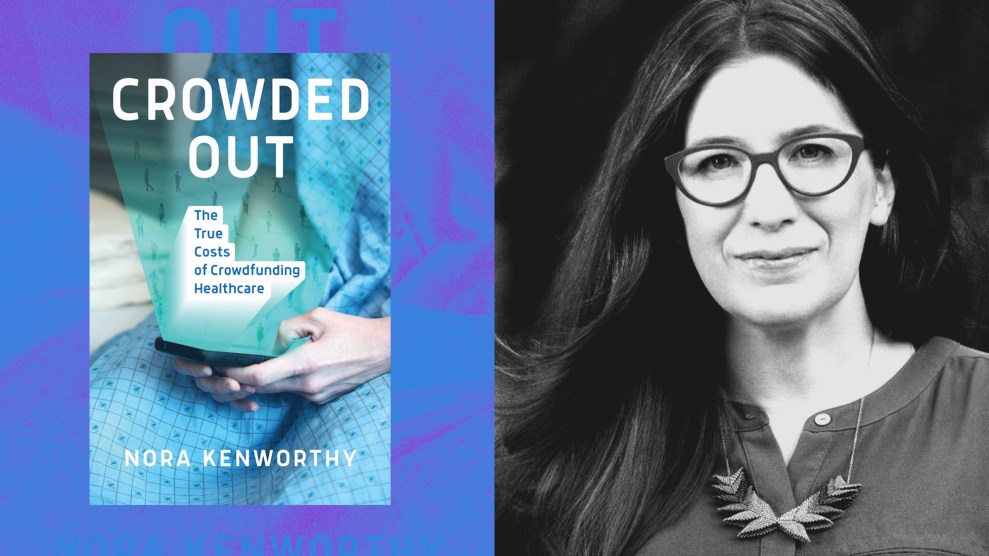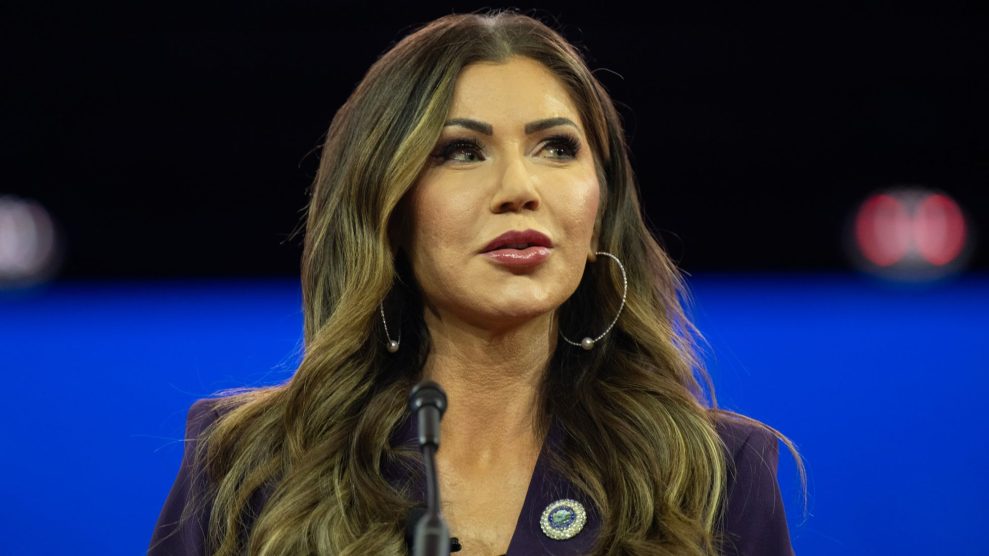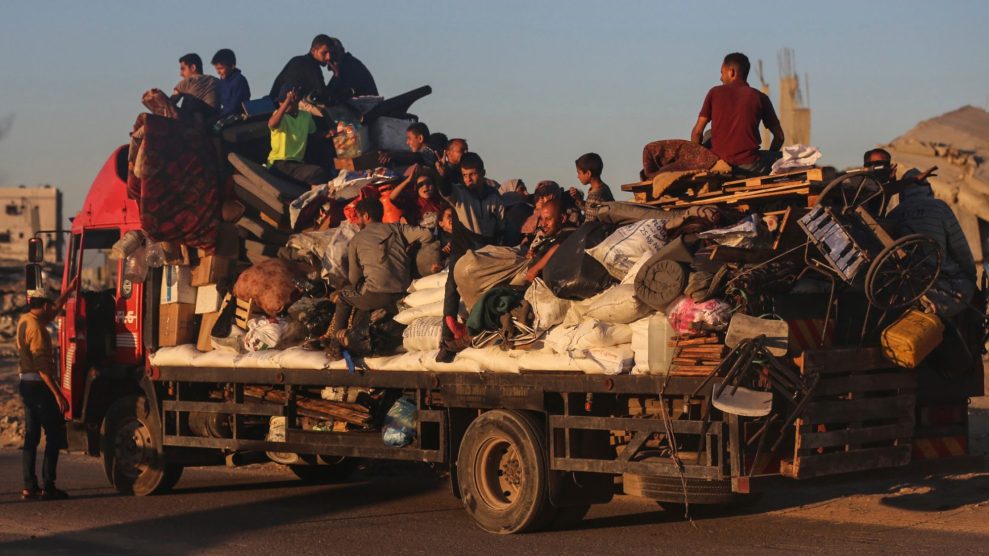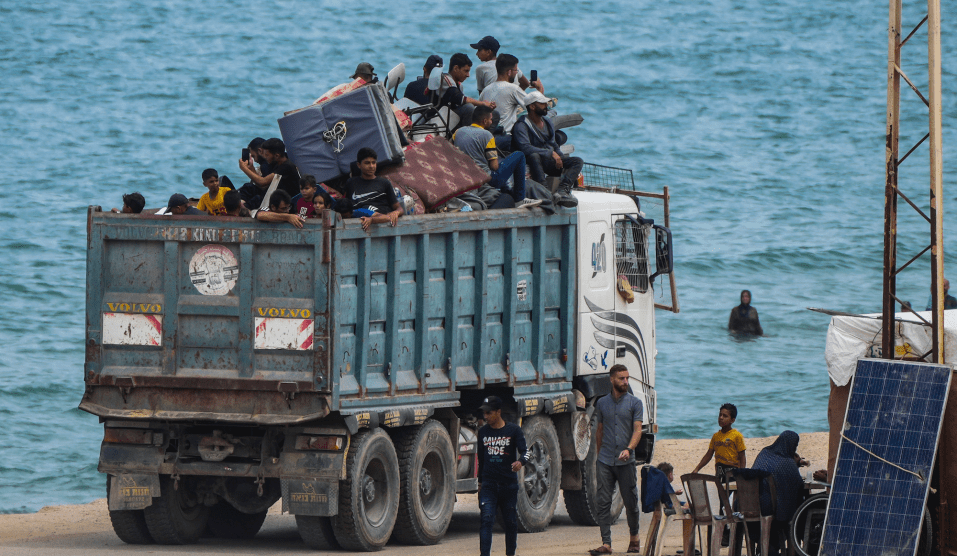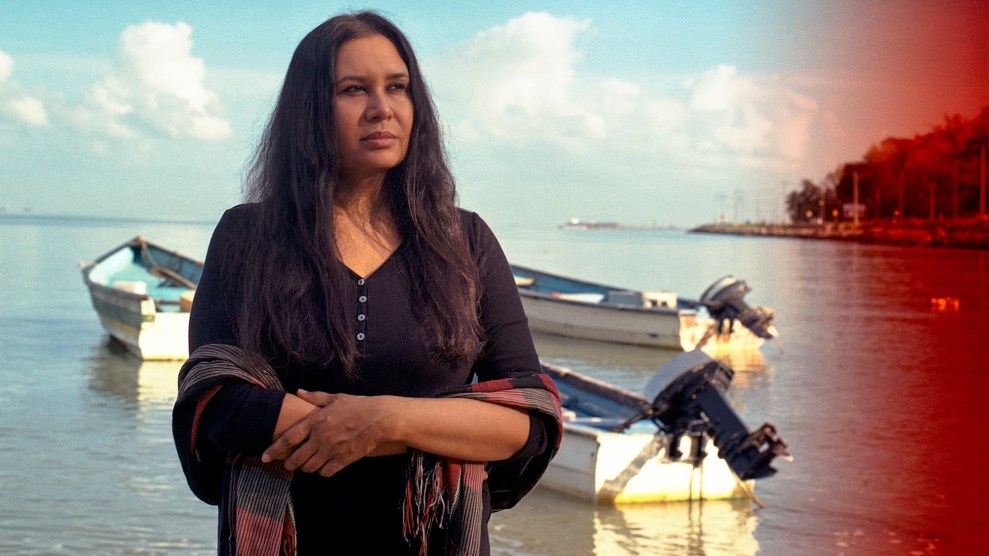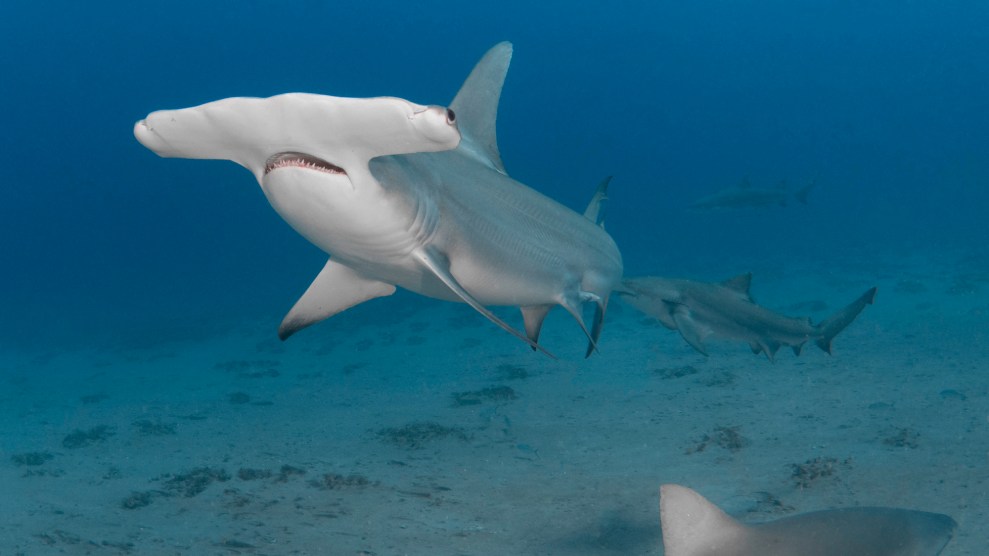When the ships of the conquistadors first appeared on coastal horizons in the late 15th century, the native populations of the Americas could not comprehend their import because the size of the ships was outside their frame of reference. Likewise, we do not perceive the nature or enormity of the threat presented by current employment patterns.
According to the International Labor Organization in Geneva, 1 billion people (about 30 percent of the world’s labor force) either cannot work or have such marginal and menial jobs that they can’t support themselves or their families. The United States is proud of its 5.4 percent unemployment rate — and should be. European unemployment hovers at twice this rate. But official U.S. figures mask a more complex picture.
According to Donella Meadows, who writes the syndicated column “The Global Citizen,” of the 127 million people working, 38 million work part time, and 35 million have full-time work that doesn’t pay enough to support a family. Then there are the actual unemployed, who number 7.4 million, as well as another 7 million who are discouraged, forcibly retired, or work as temps. Nineteen million people work in retail and earn less than $10,000 per year, usually without any health or retirement benefits. For the majority of workers, wages are no higher today than they were in 1973.
Employment percentages also disguise the jobless rate among inner-city residents. In When Work Disappears, sociologist William Julius Wilson cites 15 predominantly black communities in Chicago where only 37 percent of the adults are employed. Between 1967 and 1987, Chicago lost 326,000 manufacturing jobs; New York lost over 500,000. Fifty years after World War II, Detroit, Philadelphia, and Newark look bombed out, while Dresden, London, and Berlin are livable and bustling.
Meanwhile, the United States has quietly surpassed the erstwhile Soviet Union and its gulag as the world’s largest penal colony. Over 5 million men are in prison, waiting for trial, on probation, or on parole. We have become so inured to criminality that rural counties seek prison construction under the rubric “economic development.” Indeed, between 1990 and 1994, the prison industry grew at an annual rate of 34 percent; crime and crime-related expenses now constitute about 7 percent of the U.S. economy, according to Jonathan Rowe of Redefining Progress, a public policy think tank.
Isn’t there something terribly wrong with a society that, at astounding cost, stores so many people in concrete bunkers where they learn the finer arts of crime? (There is no cost difference between incarceration and an Ivy League education; the main difference is curriculum.)
While we can reasonably place individual blame on each drug user, felon, and mugger, or anyone who violates civil and criminal laws, assigning individual responsibility should not mean being blind to a wider view of cause and effect.
